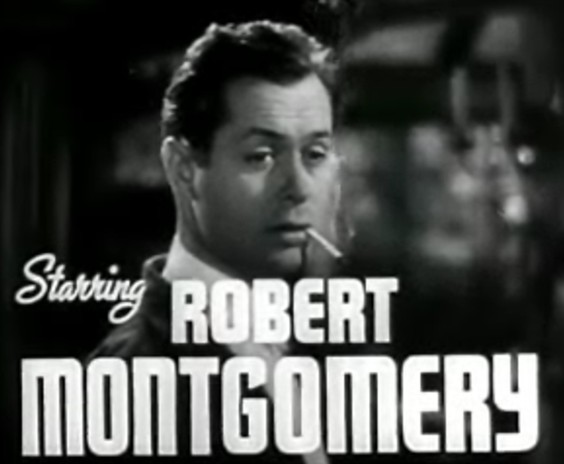I suppose my first recollection of the phrase “People Power” was around 1986 when ingoing President Corazon Aquino quoted it in raising a groundswell of support promising to free the people of The Philippines from the dynasty of the Marcos family. It seemed like a good idea, and probably still is when carried out by idealists with a real sense of selflessness and self-empowerment and in the cause of the greater good — as it was also in most cases of “The Arab Spring” of a couple of years ago, beginning in Tunisia, taking in Lybia, failing in Syria and Yemen, and culminating in Egypt — where it appeared to have succeeded according to the people’s wishes; that is, before the army took over.
Aye, and there’s the rub, said the inspired Robbie Burns. Closer to this part of the world, in Fiji, Colonel Sitiveni Rabuka took over its Parliament “at the point of a gun” in 1987. And things have never been the same since. Even the most superficial onlookers — tourists — were put off for a few years after repeated coups, setting the Islands’ economy back a millennium. The first general election here in eight years, begun a couple of days ago at the pleasure of the incumbent Generalissimo, Commodore Bainimarama, is poised at a 57 percent “pro” vote for him halfway through the count; the nearest challenging party on a little over half that. Of course, since he instituted physical coercion of political opponents by his army and police force at first opportunity, and under ongoing enforced censorship of the press, it is difficult to tell whether this result is a resounding endorsement of the Bainimarama regime or just symptomatic of a people who have had the spirit kicked out of them.
Some eighteen hours ago news came through that the referendum on Scottish independence, open to all current residents of Scotland aged 16 and above, had come down on the side of staying within the United Kingdom, the vote 55% to 45%. Leader of the Scottish nationalists, veteran politician Alex Salmond, has resigned but not before gaining almost the bulk of what he was seeking in the beginning: what should be important concessions from London made on the eve of the election to swing the vote in favor of the 307-year-old partnership, which until recent years had seen Scotland become increasingly the junior partner. Whether these promises will be kept, and/or on whose timetable now there’s no urgent need, remains to be seen. Apart from national pride — apparently never quite as strong as that of Ireland, which won a hard-fought freedom from London a century ago — from this distance it’s difficult to say whether Scotland has more than the legitimate economic gripe that also pertains to the English North, the Midlands and the West Country: in fact anywhere that the 50 million majority of the United Kingdom of Great Britain & Northern Ireland is effectively outvoted by the 12 million of Swinging Greater London, which retains more loyalty to its status as a world stock market capital and centre of big business — like, hypothetically, the foreign policy of Mexico or Canada being ruled from Wall Street, New York City.
A little over an hour ago the polling booths opened all over New Zealand for its three-yearly general election. There is so little faith in politicians here that three years is deemed to be the ideal term of government: one year getting settled in (including allowing two months or so for negotiations with minor parties in accordance with the MMP proportional system), one year to undo the “worst” of what the previous government did and rush through its own legislative program with dead-of-night rubber-stamp votes in the unicameral Parliament, and one year effectively campaigning for the next election with tax bribes or other major tweaks that seem expedient. The hope for most people is that they will at least have a show of ousting them in relatively short order before they can do irretrievable damage: probably a forlorn hope given the way the country has gone in all-out capitalism without a working safety net over the past thirty years. The ruling conservative National Party is odds on to win a third consecutive term on the trot, leading with 45-47% in opinion polls and apparently only needing one minor party to side with it to rule again.
Seriously, should inability to recognise your own best economic interests in a simple face-to-face quiz be a disqualifier to voting, like intellectual incapacity or insanity in court? I personally know poor, poor people who are intent on voting conservative, as if the status quo hasn’t screwed them enough. Admittedly, they are in the mental health system and vote counter-intuitively — to put it politely — but that doesn’t account for the other close-to-two-million votes the right wing is set to receive. As one wise person said, “Democracy is a form of government where the people vote for want they want and the politicians give it to them good and hard.”
The Labour Party, in proposing instant action on the 285,000 NZ kids existing under the poverty line (a 20 percent rate nationally), an immediate hike in the minimum wage of two dollars per hour, concrete moves to lower the increasingly out-of-reach average price of new houses by some $100,000 to just under $400,000, introducing a moderate capital gains tax affecting rich people (no more than virtually every other country has) and a small lift in the highest income tax rate to 36% on any earnings over $150,000 p.a. — obviously also on the wealthiest earners — has apparently shrivelled the scrotes of a great many people you wouldn’t expect: maybe in moronic positive-thinking mode that “Anything Oprah can do I can do too.” Traditionally the left-wing alternative, the Labour Party has amassed an unimpressive 24-26% support according to the latest surveys, and will need at least two (and probably more) minor parties to side with it to even approach the required half of the electorate.
Labour’s only guaranteed allies are the Green Party (on 11-14% support), proposing up to a 40% tax maximum, and the Internet-Mana Party (steady on 2%), a queer mix of a poverty-driven Maori initiative funded by international copyright crim Kim Dotcom, wanted by the FBI and Interpol. The third most popular party, NZ First, invented some twenty years ago and still led by Scottish-Maori compassionate conservative Winston Peters (named after you-know-who), has 6-8%, and is, on principle, a wild card, always refusing to say who he will support until one-man-band Winston sees his main chance after the election. The new Conservative Party — speaking for the Tea Party fundamentalist christian element in ths country — out of the blue is now on a surveyed 4.9% (just that smidgeon below the 5% threshold that will qualify it for 6-7 members of Parliament), could conceivably be in a decision-making role after the election, maybe wrecking the country once and for all. Look for binding referendums on everything from smacking of kids — currently against the law but allowed by the police — to creative evolution. Compulsory smacking by parents — under pain of having kids otherwise removed by smacking social agencies — hasn’t been ruled in or out of policy.
In the end, all might depend on the weather — left wing supporters here being notoriously fragile on such things as rainy trips in the car to polling booths all of a few hundred yards away, with nothing between you and the threat of raindrops but a layer of cast iron. They can look mighty scary beating on the windshield — and then there’s the possibility of wind itself that I haven’t mentioned. To mitigate this comfort factor for this election a three-week lead-in period has been introduced, taking special votes at one’s convenience. Some 770,000 early votes were cast, so almost another two million voters (of 3,096,000 registered) will have to turn up today to make a high turnout of over 80% altogether — a tall order. With the weather forecast crummy today for most parts of the country for most of the time, things don’t look good — the truism being that only an abnormally big turnout swings against the status quo.
A friend of mine who is acting as a Labour Party volunteer today has been instructed to knock on random front doors and simply remind people to vote, however — the hope apparently being that most of those ruled by inertia will tend towards social equality, in rudimentary impulse if not in action. I guess there’s always hope. But when I was a canvasser for the left-wing Alliance twenty years ago, we had written lists of actual supporters and their addresses so we could arrange to have them transported to polling booths and vote in a good cause. Strange how times change. I have noticed elsewhere too this tendency from officialdom to encouarge random voting as if it’s a good thing to simply plunk one’s vote in a box and the extent of what can be expected from most people.
I’m afraid the overwhelming probability of my well-informed vote being cancelled out by someone in the booth next to me who has given it just a passing thought or no thought at all leaves me cold — if this is what the World Wars have come down to in winning and exercising the highest principles in a perfunctory democratic process.
Roll on 7pm, now just eight hours away. Stand by for a post script sometime in the next day or two.





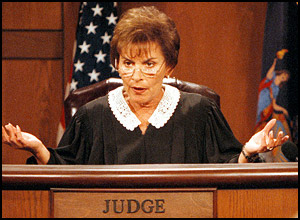

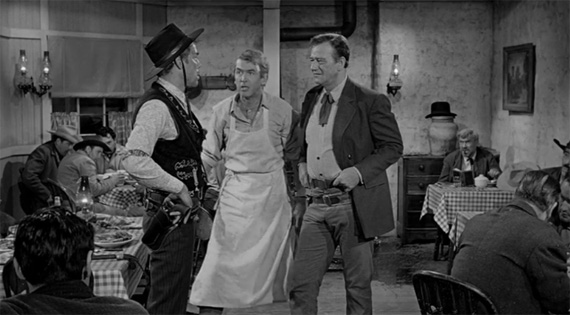
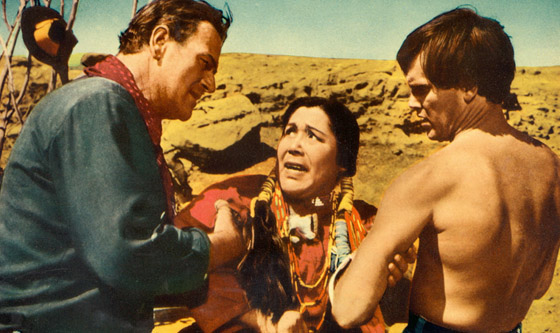






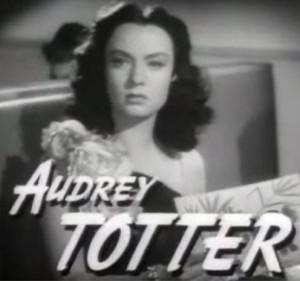
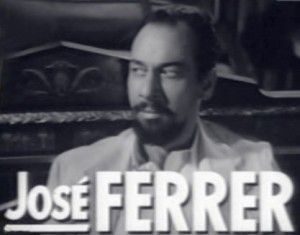


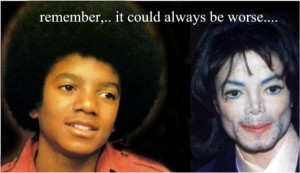 By late decade Michael as a solo had rid himself of genuine soul and found something distinctive: white skin and a perky little nose, which alarmingly shrank year by year into an almost microscopic compass point. More than music, most charitably described as amorphous sound designed to dance to, the multitude of stage moves he devised, all executed jerkily at lightning speed but still with immaculate timing, were right up there in the best traditions of circus performers seen on America’s Got Talent — and, it must, be remembered, years before them.
By late decade Michael as a solo had rid himself of genuine soul and found something distinctive: white skin and a perky little nose, which alarmingly shrank year by year into an almost microscopic compass point. More than music, most charitably described as amorphous sound designed to dance to, the multitude of stage moves he devised, all executed jerkily at lightning speed but still with immaculate timing, were right up there in the best traditions of circus performers seen on America’s Got Talent — and, it must, be remembered, years before them. 